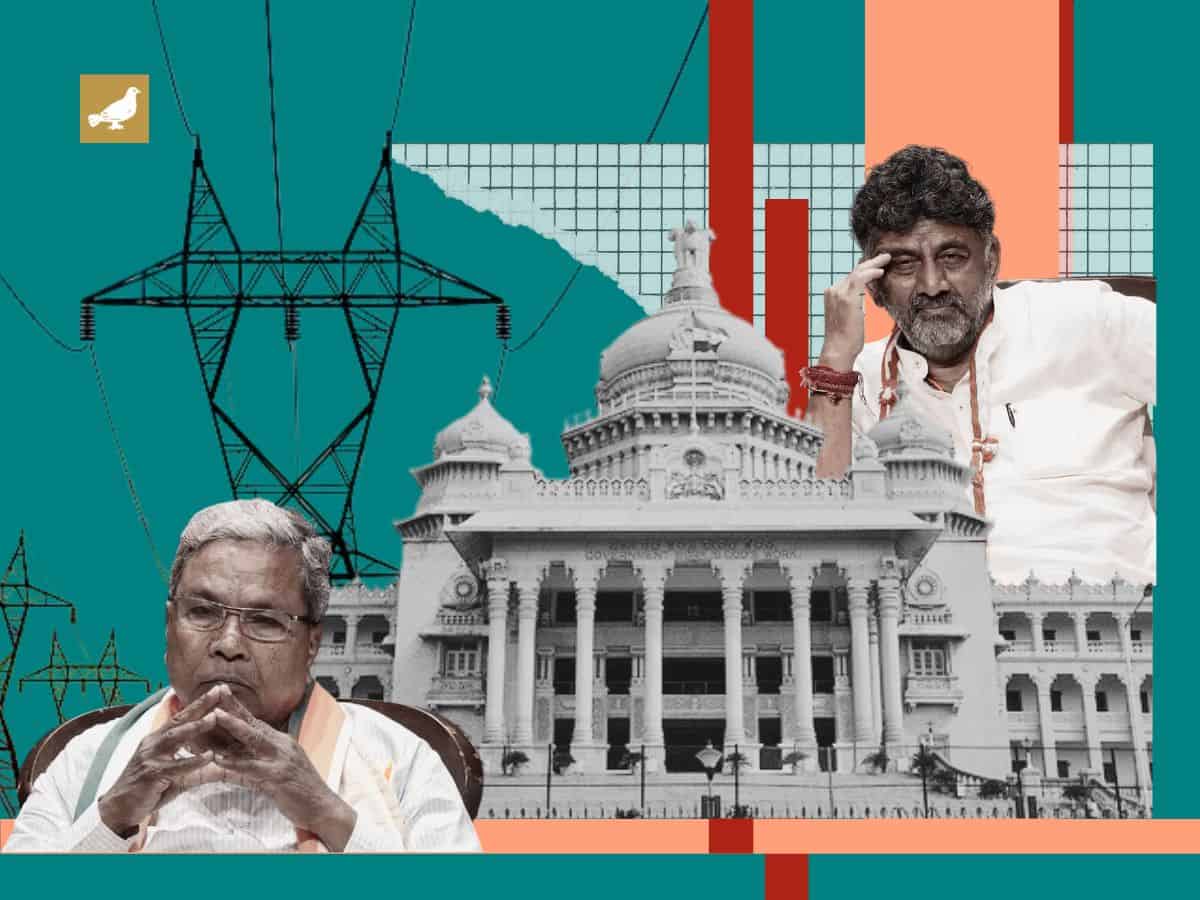
Bengaluru: Amidst the scorching heatwaves sweeping across Karnataka, household electricity consumption has surged by a staggering 30 percent in comparison to the same period last year, raising concerns among ‘Griha Jyoti’ beneficiaries who find themselves at the center of this sizzling scenario.
Under the ‘Griha Jyoti’ scheme, a flagship initiative among the state’s guarantee programs, eligible families are entitled to a specified quota of free electricity units.
However, any excess usage beyond the allocated quota incurs additional charges. The rising mercury levels have spurred unprecedented demand for cooling appliances, prompting households to rely heavily on fans and coolers, thereby exceeding their allotted electricity limits.
With districts across North Karnataka, Coastal, and other regions witnessing temperatures soaring above 40 degrees Celsius, the relentless heat has intensified electricity consumption, particularly during daytime and even into the night.
This surge in demand has led to a spike in power consumption, surpassing the free unit allocations set forth by the Griha Jyoti scheme. Launched in August 2023, as promised by the Congress during elections, the Griha Jyoti Yojana initially saw a staggering 99 percent of beneficiaries availing of the free electricity benefits.
However, recent statistics reveal that approximately 16 percent of consumers have exceeded their allotted unit quotas, resulting in additional charges. Moreover, a concerning 4 percent have surpassed the threshold of 200 units, thereby forfeiting their entitlement to free electricity.
To address concerns arising from tenant mobility, the Energy Department has introduced the ‘D-Link’ facility, allowing Griha Jyoti beneficiaries to continue availing the benefits of the scheme even after relocating.
However, tenants must adhere to the average unit usage of the previous occupant at the new rental property, potentially leading to unexpected surcharges for some tenants.
While Karnataka grapples with limited hydropower generation due to depleted water reserves in state reservoirs, energy minister K J George reassured the public of an uninterrupted power supply, owing to surpluses from alternative sources.
With thermal power plants contributing 3,250 MW and support from interstate power grids, private producers, and renewable energy projects, Karnataka maintains a robust power infrastructure catering to agricultural, industrial, and domestic needs.
As the SSLC examinations in Karnataka proceed without power interruption, the energy department remains committed to ensuring uninterrupted power supply across districts, with chief engineer-appointed officials overseeing the seamless distribution of electricity to meet the burgeoning demands amidst the scorching summer heat.



